Tasmanian devils surviving their own pandemic

For the past 30 years, Tasmanian devils have suffered from their own pandemic, a facial cancer that causes large facial tumours and spreads through biting. Now, new genetic analysis reveals the disease is less infectious than a decade ago. And that is just the news we’ve been waiting for.
Australian philanthropists running out of money
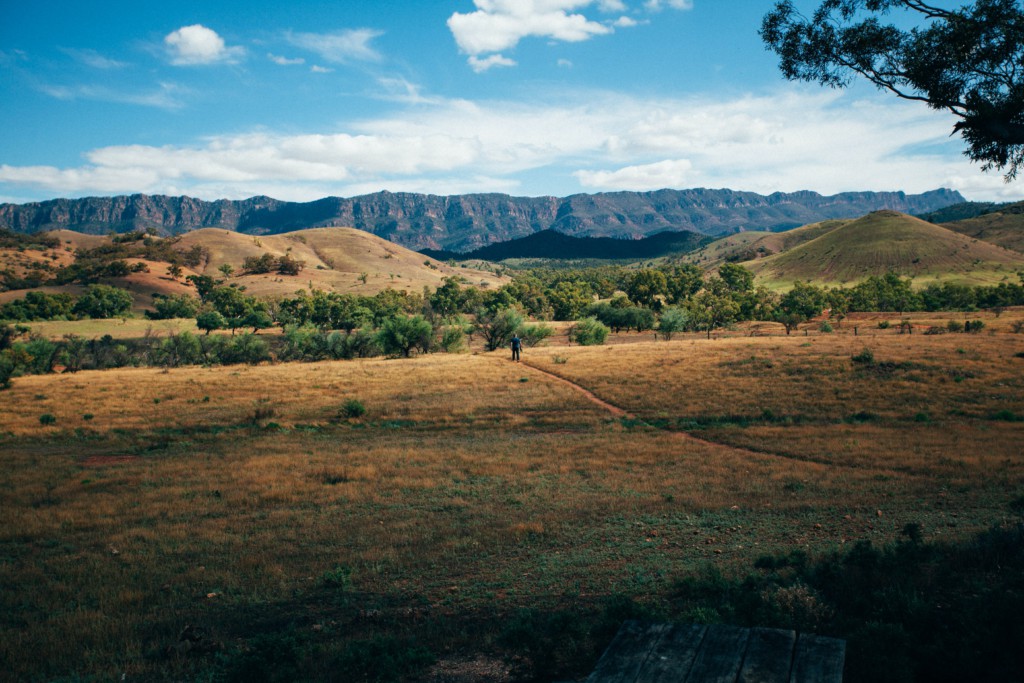
A group of Australian philanthropists are running out of money. And that’s exactly what they want. Spending big and fast to fight climate change, they are hoping to make a difference during the critical next 10 years and change the course of the impending crisis.
Australia’s position on climate change untenable

The Biden presidency will push Australia into taking more action on climate change – regardless of what our prime minister says. Even if Morrison decides to take a final stand on coal and gas, it is inevitable corporate Australia will force his hand.
In short: findings of the bushfire report
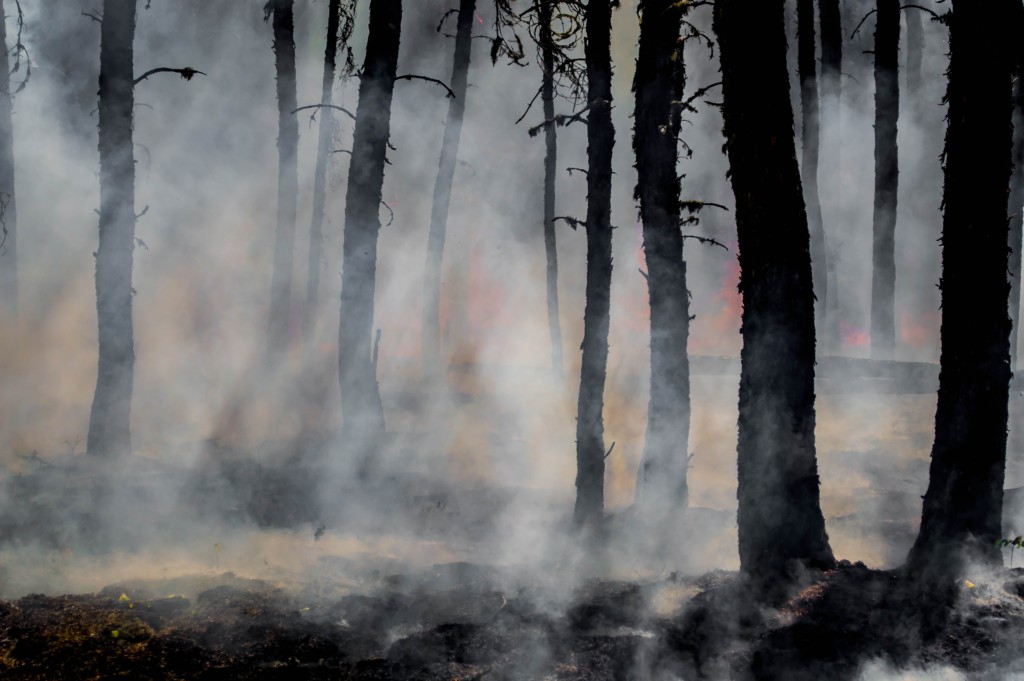
The bushfire royal commission has issued a stark warning. Its final 579-page report tells us how bushfires will affect Australia in the coming years. And, foreseeing a future marked by extreme weather, the commissioners are not mincing their words. Here are the report’s key points.
This week in the environment
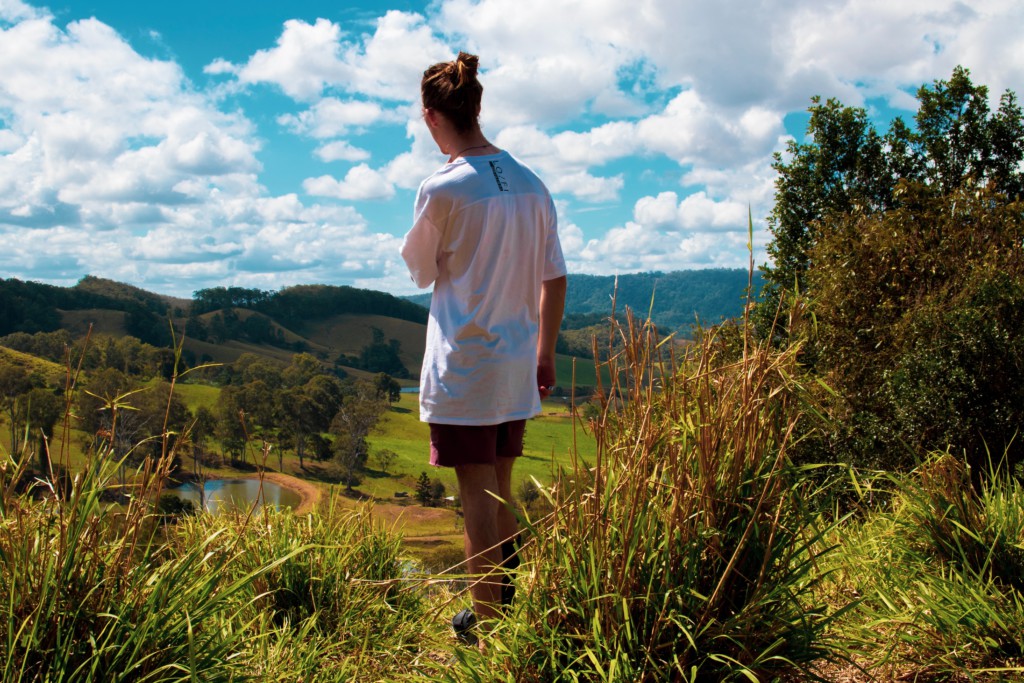
It’s been a big news week for the climate. Among images of celebrating Melburnians, Europe heading back into lockdown and the non-stop footage of the US election, we discovered both heartening and downright infuriating reports. Here, we look at the biggest stories.
Rainforest marked for development
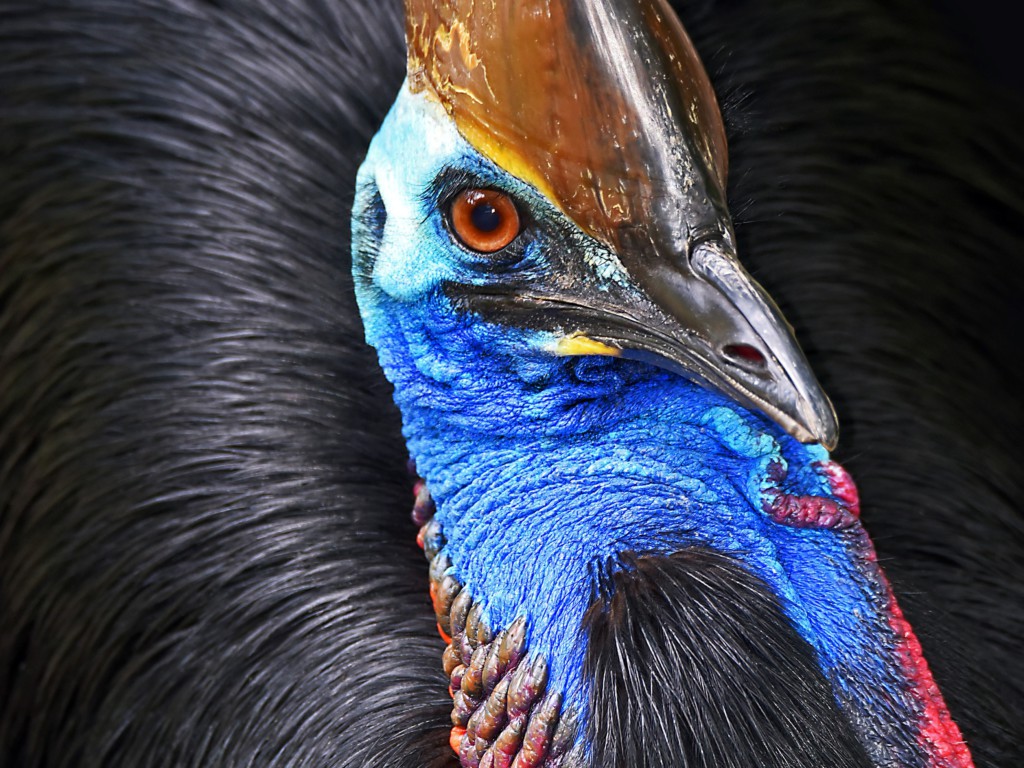
While Far North Queensland is one of the most popular ecotourism destinations in the world, the threat to the Daintree lower rainforest is ongoing. The area is under threat of housing development proposals and a gas-fired power plant. The Daintree is UNESCO heritage listed so why this is even possible?
No time to lose
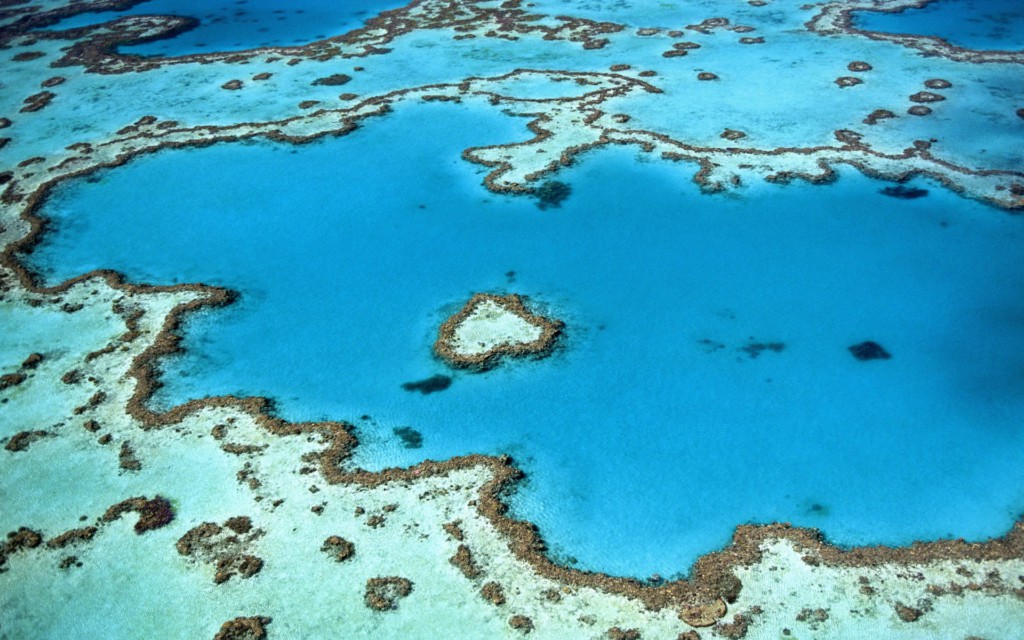
The Great Barrier Reef has lost more than half of its corals since 1995 due to warmer seas driven by climate change, a study has found. Small, medium and large coral populations have all declined, largely because of bleaching events in 2016 and 2017.
Still no urgency to save climate
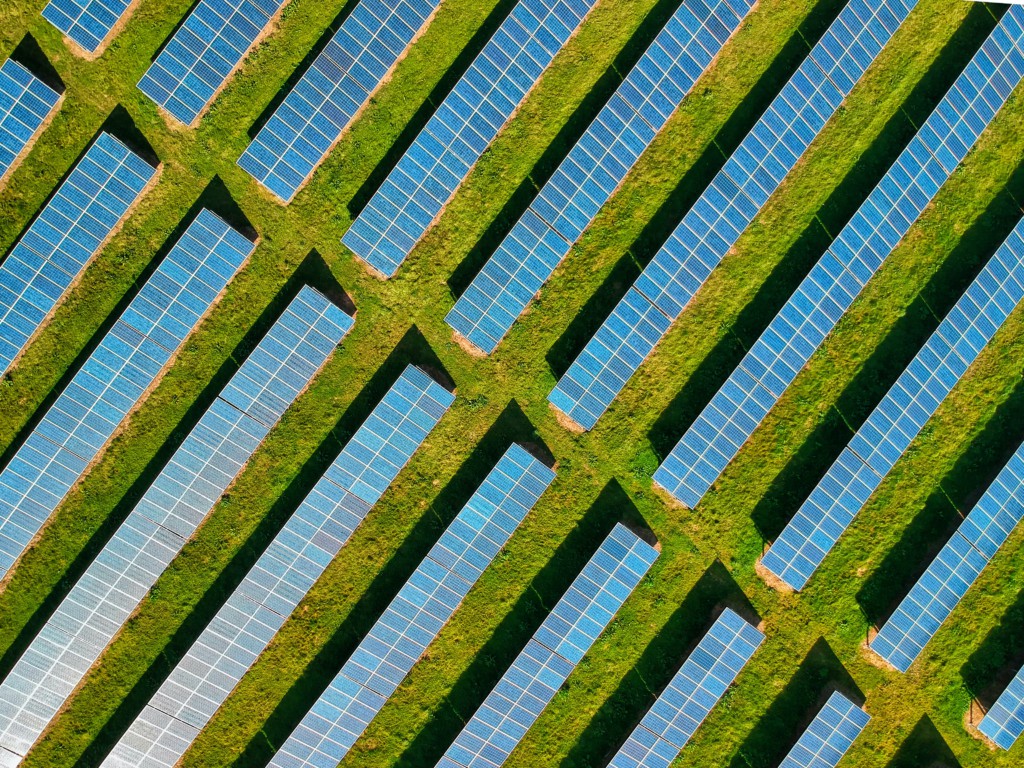
In the year of Australia’s worst bushfire crisis, the just-announced budget provides little in the way of new funding for environmental protection while throwing a lifeline to coal. Our world is facing irreversible destruction and still there’s no urgency in Australian climate policy.
Behind the beauty of the reef
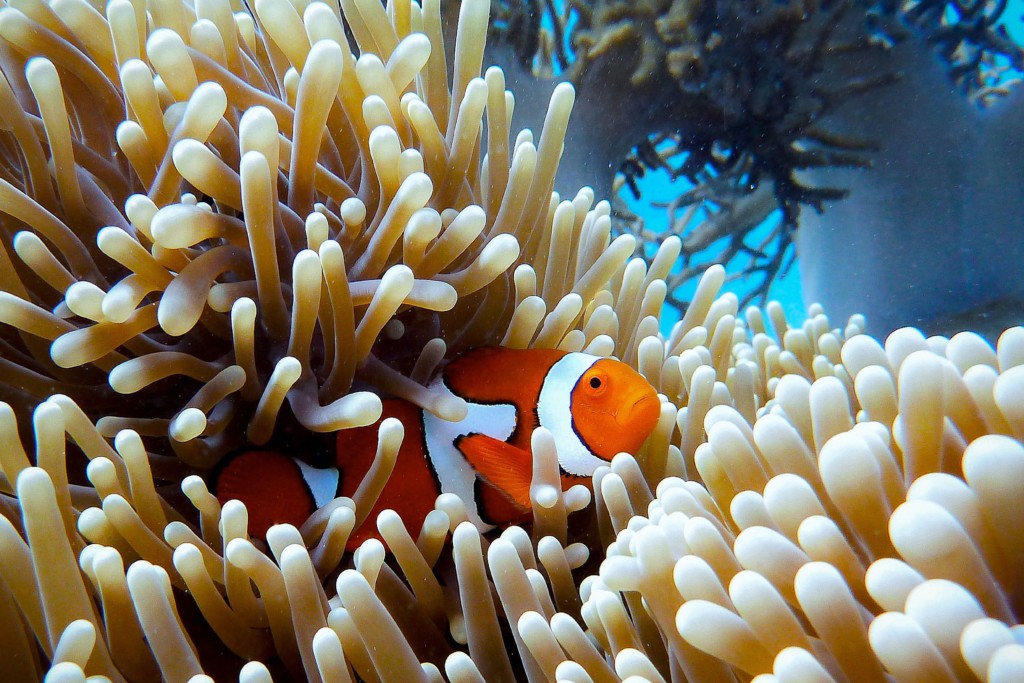
The next federal budget will allocate $33.5 million to nature-tourism projects and reef conservation work. It’s welcome news for Great Barrier Reef which suffered its largest bleaching event in February. Now, the first step to conserving the Great Barrier Reef is understanding what lives there.
World’s cities offering refuge to trees

We usually think of urban areas as a cause of species extinctions. A new analysis of 12 million (!) tree planting records has turned these assumptions on its head. Turns out urban areas aren’t quite the concrete wastelands we thought it was. Quite the opposite.

